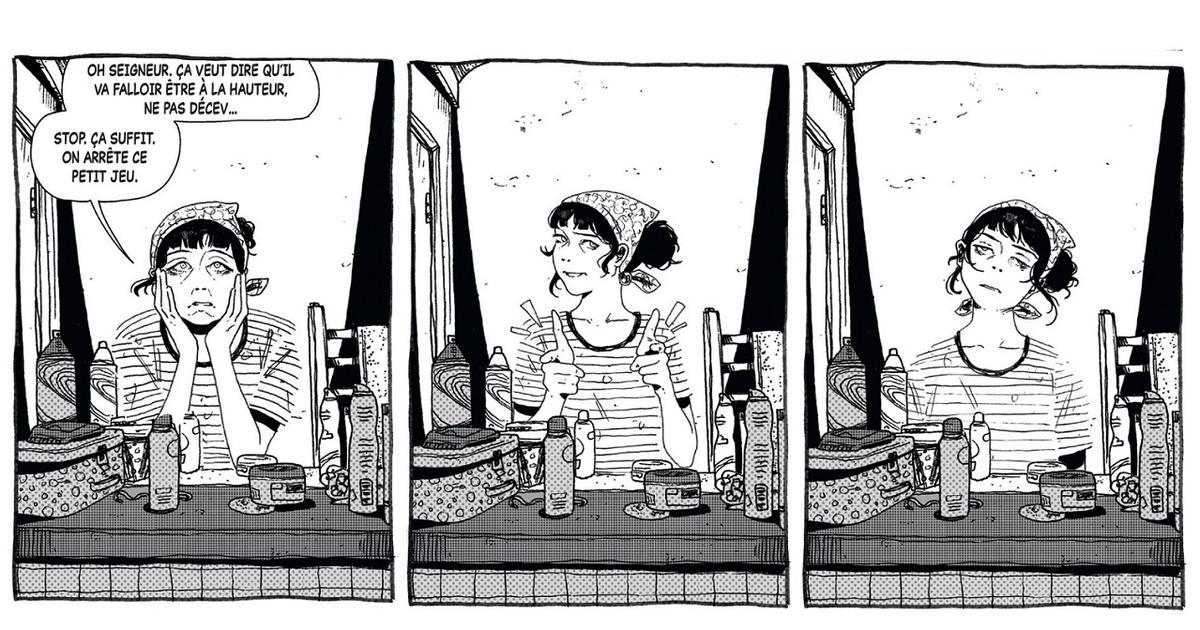The words of our language are rich in stories. One only has to ask the question of their origin to make a leap in time. And not just for common nouns, verbs or adjectives. Personal pronouns also have things to tell us. Let's take the example of the pronoun "he". Do you know what it really means? The answer is in the Latin language. It comes from the Low Latin "illi" which means "that one", itself derived from the Latin neuter demonstrative "illud". As for the personal pronoun "she", it is simply the culmination of the Latin demonstrative "illa", meaning "that one", feminine of "ille" which could be attached to an Indo-European basis. Alain Rey's Dictionnaire historique de la langue française devotes a long article to the history of "he"... but also to the personal pronoun "on", the origin of which is even more interesting.
To discover
- Crosswords, arrow words, 7 letters... Free to play anywhere, anytime with the Le Figaro Games app
Read alsoDo you (really) know the rule with euphonious letters?
It comes from the Latin "homo" - whose accusative "hominem" gave rise to the word "man" - became "om" around 842, then "hom, hum" around 1050 before taking its final form "on" in the thirteenth century. At the time, the "on" was then used as an indeterminate subject whose use resulted in its function as an indefinite pronoun, according to the Treasury of the French language. Previously, it was customary to precede it with the definite article, "the hom", a remnant of the common noun "hom". "On" then meant "the ordinary man": "so much shouts Christmas that he comes!" (Villon). A use that is then only used in literature for euphonious reasons.
In the seventeenth century, Vaugelas favored the use of the "on" without the definite article in front, "on", although he admitted both forms. This does not prevent the writer Boileau from using it again: "What is well conceived is clearly stated". This literary usage is to be distinguished (and not to be confused) from the ever-current use of the euphonious "l" to avoid an unwelcome syllable: "That's what I was told", rather than "that's what I was told". The oral use of the indefinite personal pronoun "on", replacing the pronoun "we", is very recent: it dates from at least the nineteenth century.
Read alsoWhen to use the pronouns "on" and "we"?
Today, the "on" functions as a nominal pronoun of indefinite meaning. It is used in three different ways: the "on" which means "anyone, everyone" ("We see immediately when someone is at ease" - Giono); the "on" designating "someone" ("He felt that his sheet was raised, then that his belly was felt - Maupassant); and finally, the "on" designating "person" in a negative context ("On ne refus pas le fils Péloueyre" - Mauriac).















